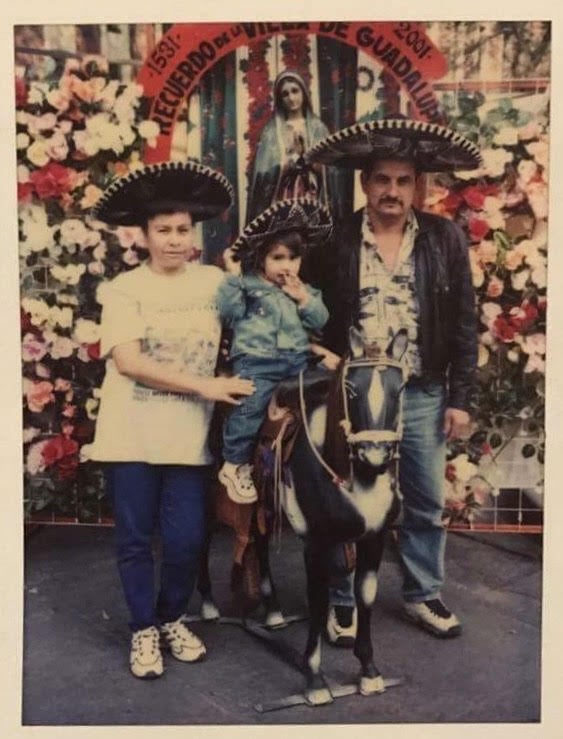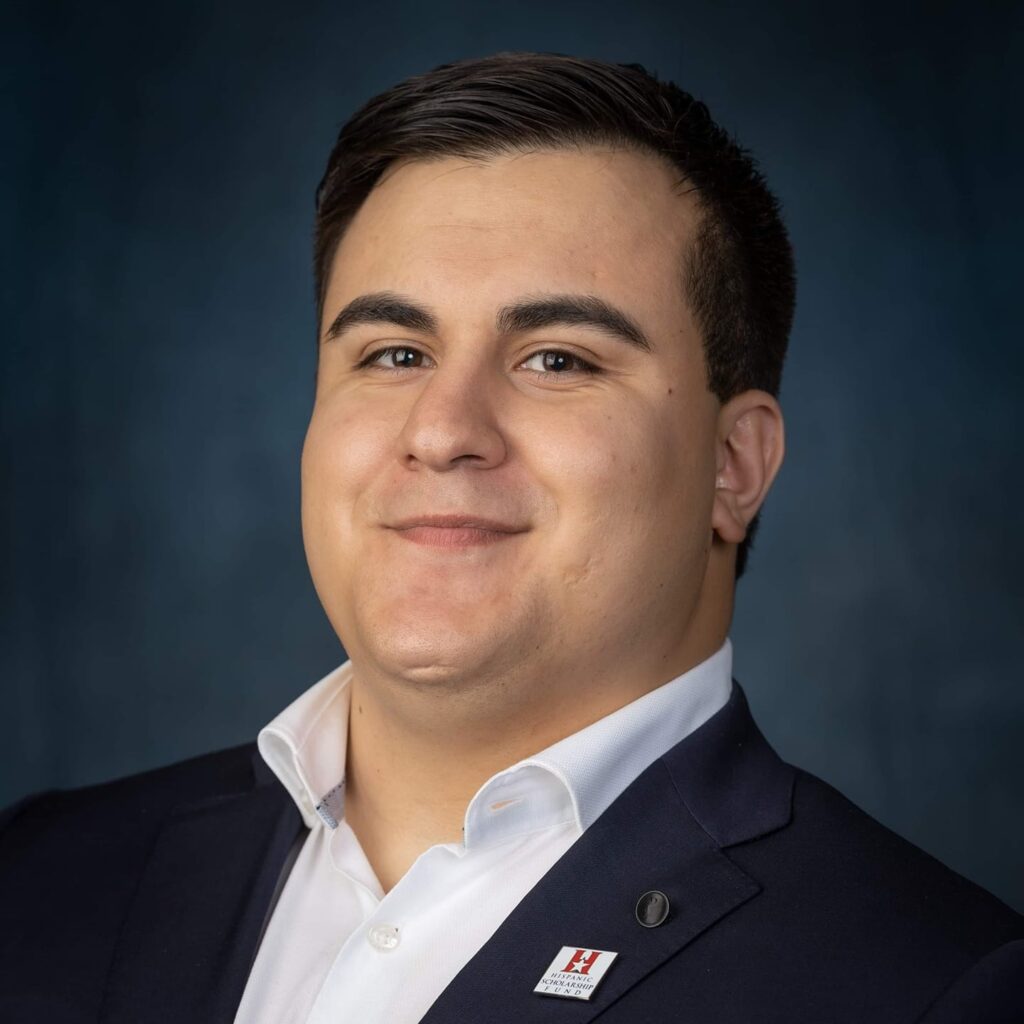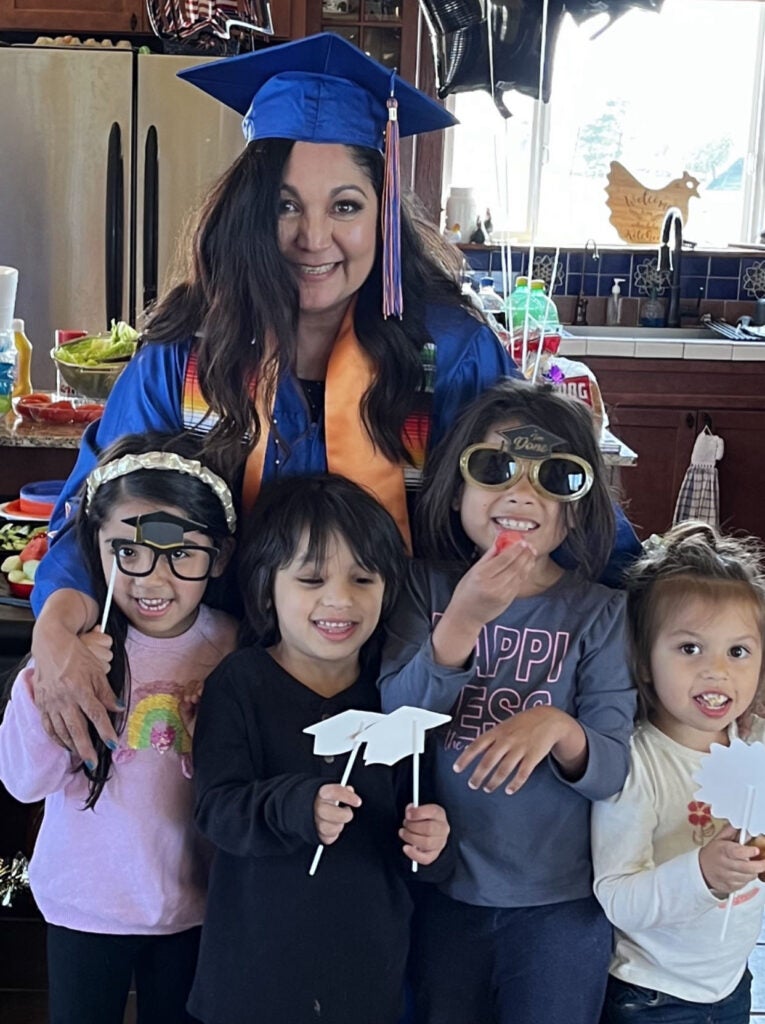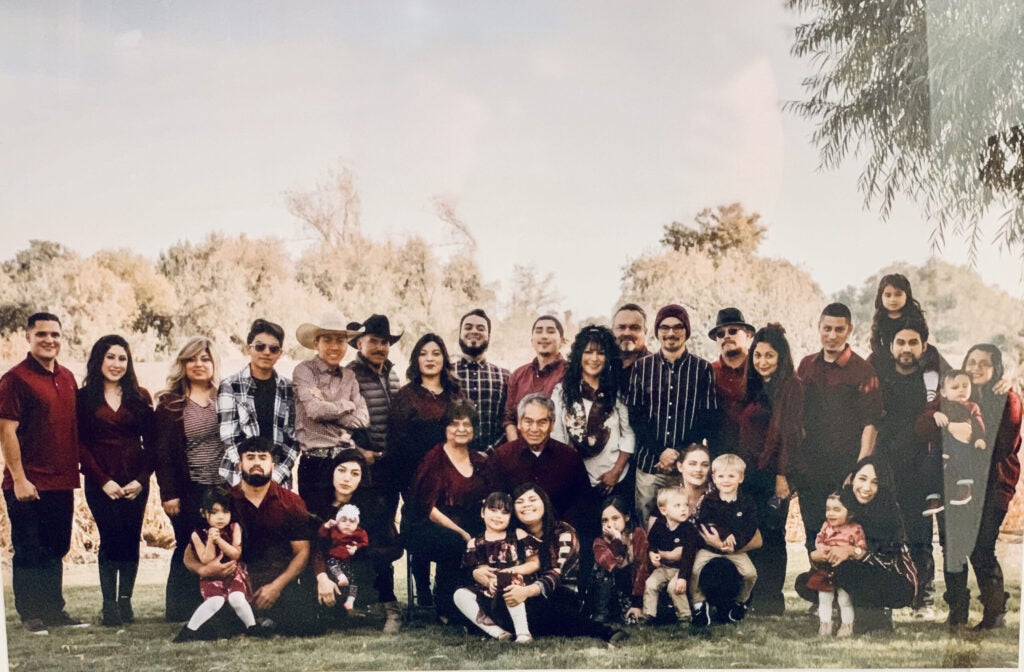Across the United States, Hispanic and Latine Heritage Month celebrates the achievements and traditions of these communities. Notably, in technology and cybersecurity, Guatemala’s Luis von Ahn created reCAPTCHA to combat automated processes on websites. Soledad Antelada, from Spain, was the first woman to join Berkeley Lab’s cybersecurity team and founded “Girls Can Hack” to reduce the gender gap in the field. Hispanic and Latine students in Boise State University’s Cyber Operations and Resilience (CORe) program aim to make meaningful contributions to their communities in this evolving field.
Celebrating the Future Leaders and Innovators in Cybersecurity
Undergraduate student Maria Barajas, a first-generation Mexican-American, discovered her tech and cybersecurity passion through her family. She served as her family’s tech support and cybersecurity expert, which inspired her to study cybersecurity. During the pandemic, while working as a nursing assistant, she saw the impact of cyber threats, reinforcing her career choice. In her senior year, she’s a cyber engineer intern at CompuNet.

Graduate student Jose Antonio Hernandez, also of Mexican-American heritage, aims to transition into full-time cybersecurity after earning his bachelor’s in business administration. His interest grew during undergrad through capture-the-flag events and network reconnaissance. He witnessed the harm of ransomware and cyberattacks in the healthcare industry, where he works as an IT Systems Analyst. Enrolling in the CORe graduate program, he’s building his expertise.

Grad student Evangelina “Angie” Alcoser, a fourth-gen Mexican-American, worked her way up from fieldwork to a network engineer role. She discovered her tech passion while typing for a nuclear company and later earned an associate’s degree in computer programming. After her company faced a ransomware attack, she pursued cybersecurity. With her bachelor’s degree, Alcoser is now helping her company recover. She’s one of the first to earn both a bachelor’s and master’s in Cyber Operations and Resilience from Boise State.

Bridging the Gap
A recent diversity study in the cybersecurity field found a significant lack of Hispanic representation, with just 4% of individuals identifying as Hispanic. This disparity stands in contrast to the expected growth of the Hispanic workforce, predicted to make up 20% of the American workforce by 2030. The study also revealed that the top industries with the highest Hispanic population are blue-collar jobs, unlike the current composition of the cybersecurity field.
Individuals like Barajas, Hernandez and Alcoser share experiences of imposter syndrome, which can hinder them from pursuing opportunities. Hernandez, in particular, felt a lack of representation in the technical field, leading to self-doubt. He hopes that sharing his story will inspire others facing similar challenges to pursue cybersecurity degrees.

Moreover, some individuals face barriers due to doubts or misunderstandings from loved ones. Angie, the first in her family to graduate from college, initially faced family hesitations about prioritizing academics over immediate career prospects. However, as her family witnessed her success in cybersecurity, they came to understand the value of her educational journey.
Fostering a Culture of Resilience
The CORe program imparts lessons in cyber resilience, but Barajas, Hernandez and Alcoser have drawn on their cultural heritage to develop their resilience in life. Alcoser’s upbringing involved working alongside her father, cultivating a strong work ethic. She’s passionate about advocating for more Hispanic and Latine representation in technology and cybersecurity, motivating underprivileged individuals through volunteer work, and working on a Spanish children’s book about computers.
Barajas’ parents, who grew up in poverty in Mexico, instilled resilience by facing adversity throughout their lives, including the recent challenges brought on by the COVID-19 pandemic. Barajas aims to follow her parents’ example by staying disciplined and helping others, emphasizing the importance of giving back and embracing one’s identity.
Hernandez, despite his doubts, had the support of his parents and loved ones, even though they weren’t familiar with cybersecurity. Being recognized as a Gates Millennium Scholar, an honor given to only 1,000 students of color annually, further motivated him and reduced barriers to his educational goals. He aspires to teach the next generation about seizing opportunities, gratitude and hard work, carrying forward the lessons of his heritage.
Cyber Students Advocate to Be Proud
Boise State and its CORe program wholeheartedly embrace diversity, including the Hispanic and Latine community, with 17.3% of undergraduate CORe students identifying as Hispanic and/or Latine—surpassing national averages. CORe is committed to diversifying the cybersecurity workforce.
Students like Barajas, Hernandez and Alcoser, representing the Hispanic and Latine communities, embody a strong work ethic and resilience—qualities essential in cybersecurity. The CORe program encourages Hispanic and Latine students to celebrate their heritage as a cornerstone of their success in earning degrees or certificates in cyber operations and resilience.
Contact a Student Success Coach
Attend a Live, Virtual Information Session
By Ranier Lieberman